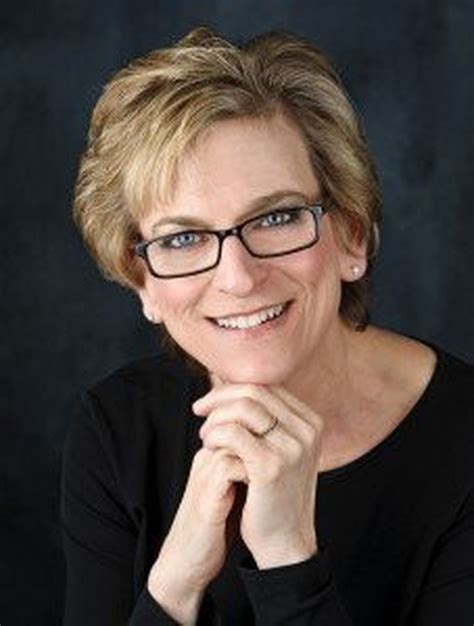A Quote by Anita Diament
I lived through a classic publishing story. My editor was fired a month before the book came out. The editor who took it over already had a full plate. It was never advertised. We didn't get reviewed in any major outlets.
Related Quotes
My last point about getting started as a writer: do something first, good or bad, successful or not, and write it up before approaching an editor. The best introduction to an editor is your own written work, published or not. I traveled across Siberia on my own money before ever approaching an editor; I wrote my first book, Siberian Dawn, without knowing a single editor, with no idea of how to get it published. I had to risk my life on the Congo before selling my first magazine story. If the rebel spirit dwells within you, you won't wait for an invitation, you'll invade and take no hostages.
I didn't get fired." "You didn't punch your boss and get fired from the Tribune? That's what I heard." "I punched what could loosely be called a colleague for cribbing my notes on a story and since the editor–who happened to be the asshole's uncle–took his word over mine, I quit." "To write books. Is it fun?" "I guess it is." "I bet you killed the asshole in the first one you wrote." "You'd be right. Beat him to death with a shovel. Very satisfying.
Newspapers have been likened to steamships that move very slowly, in terms of their direction. And when a reporter is sent out on a story, if that reporter has his or her own personal standards and is given a certain amount of time, they're going to probably do as good a story yesterday or tomorrow as they did the day before yesterday when there was a different editor there. But an editor provides vision. An editor decides what's going to be on page one, what gets rewarded, who's given more time, who's given what beats. They set a direction.
Before I wrote my first novel, 'The Expats,' I spent nearly two decades at various arms of publishing houses such as Random House, Workman, and HarperCollins, mostly as an acquisitions editor. But a more accurate title for that job might be rejection editor: while I acquired maybe a dozen projects per year, I'd reject hundreds upon hundreds.
The format of the book was the idea of my wonderful editor, Stephen Segal. Stephen and I had worked together before, on projects for the Interstitial Arts Foundation, and when he got the idea for an accordion-style book, he called and asked if I could write the story for it. I told him that I would love to try! And I knew it had to be a love story, because that's the sort of story you really want to hear from both perspectives. I mean, imagine if Pride and Prejudice were told from Darcy's perspective as well as Elizabeth's. It would be quite a different story!
While many of the established media make losses or go bankrupt, WikiLeaks has survived a major conflict with a superpower, including an unlawful economic blockade by its banks and credit card companies and the detention of its editor. We have no debts. We have not had to fire staff. We have never lost a court case related to our publishing. We have never been forced to censor. Adversity has hardened us.



































